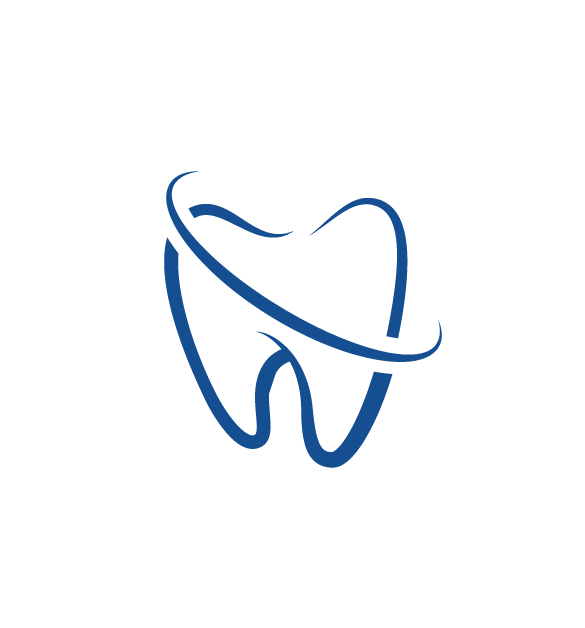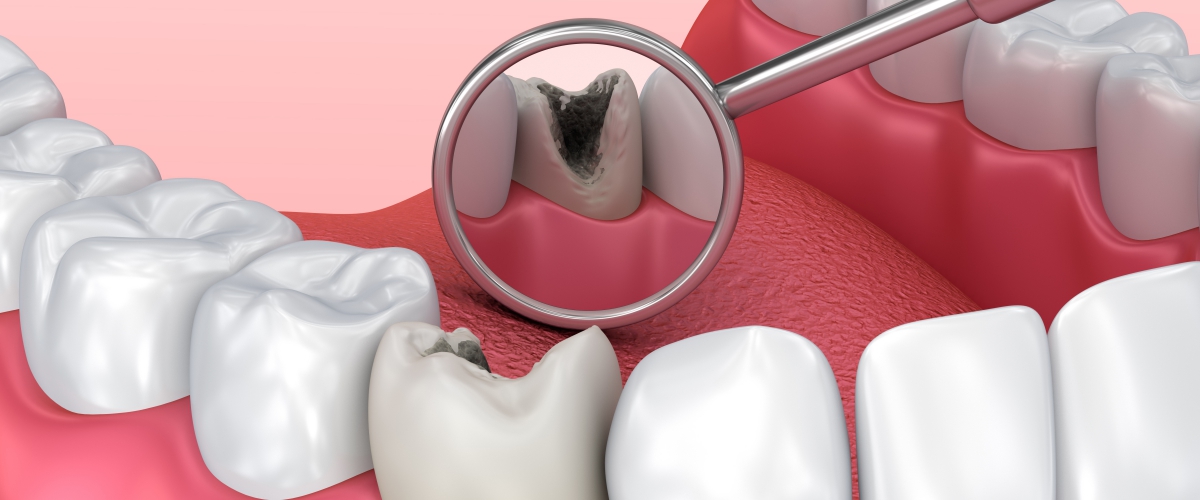Dental Caries
 Comprehensive Dental Care in Bangkok | Dental Wellness Clinic at BDMS
Comprehensive Dental Care in Bangkok | Dental Wellness Clinic at BDMS

Dental caries
Dental caries, or tooth decay, is the most common disorder in the oral cavity. World statistics indicates about 32% of the population have cavities in permanent teeth. Bacteria reside in mouth in combination with simple sugar is the cause of caries. It occurs when one intakes food containing sugar, bacteria (mainly S.mutans) will break down the sugar causing acid as by-product. This acid will subsequently dissolve hard substance of tooth structure and cause cavities over time. This process is called ‘demineralization’.
Fluoride treatment is widely accepted as a means to hinder the demineralization process. Steady topical use (found in fluoridated toothpaste and mouth rinse) has been proven to cause a reverse mechanism, so called ‘remineralization process’. The action of fluoride along with buffer capacity of saliva will then be ready to fight back when the oral pH gets really low and prevent the tooth structure from dissolving.
If the demineralization has not been stopped properly, a cavity will eventually occurs. This cavitated lesion will trap food debris and bacteria that will only result in speeding up the cavity forming process if that patient continues to consume high-sugar food and beverages. At this point, some dental intervention is needed. If the decay is confined within dentin and enamel, only some type of restoration is required to replace to the loss of tooth structure. However, if the lesion reaches dental pulp, root canal treatment is necessary to get rid of the infection.
For more information, please contact
Tel. +6628269999

